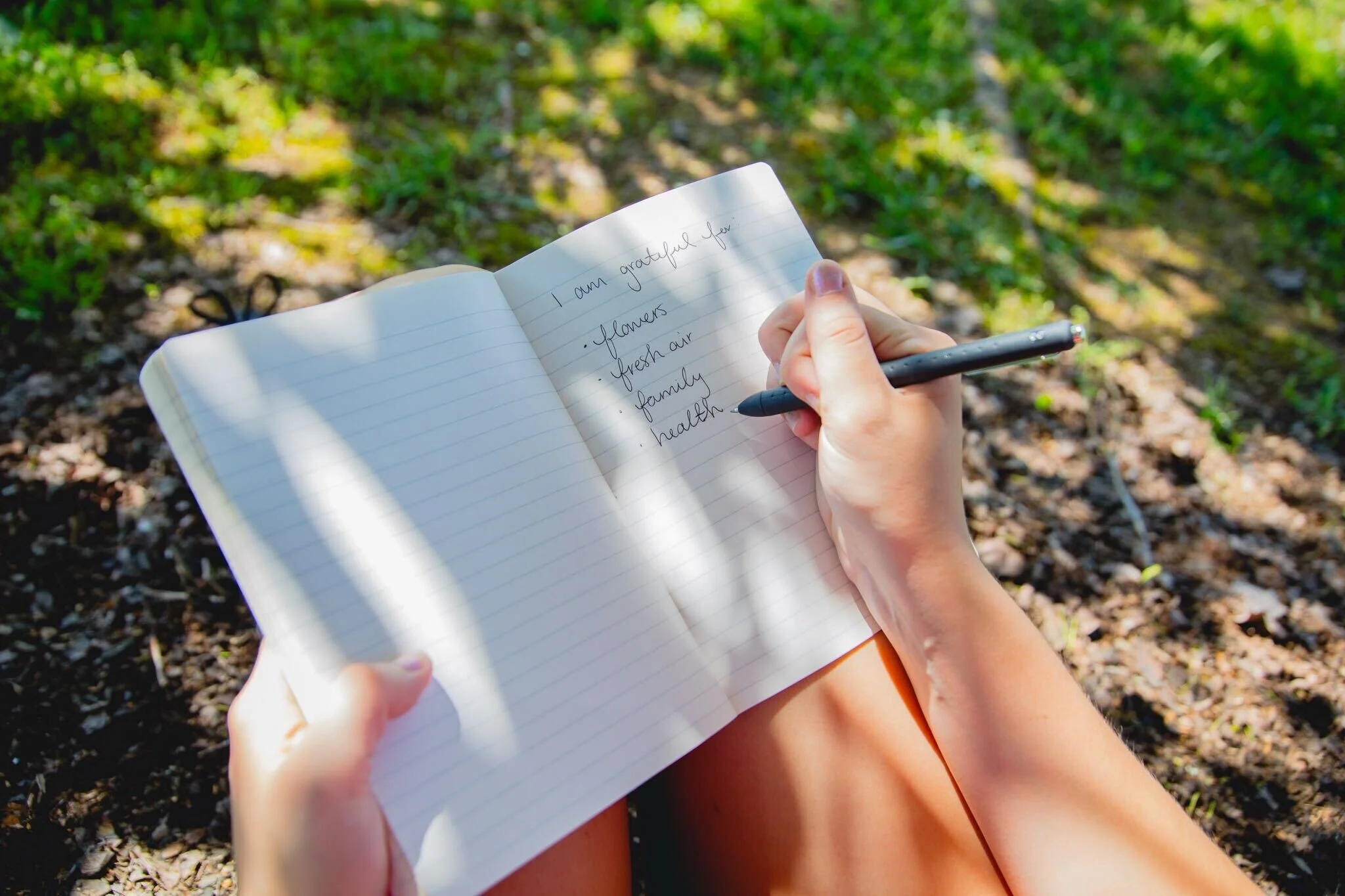‘Lee Live’ series promotes student wellness via livestream
Photo by Taylor Baker.
On Friday, March 20, Lee launched its first episode of “Lee Live,” a weekly series to connect with the Lee community through panel discussions, presentations and interviews while on-campus classes are suspended for the semester.
The first episode featured Alex Staup, resident director of Carroll courts and director of first-year programs, as the host. Panelists included Director of Student Care Brittany Gates, Director of Campus Recreation Kevin Hudson and Director of Health Services Rachel Coffey. The panel discussed how students can take care of their mental health during the COVID-19 outbreak.
Gates explained education on COVID-19 is the first step.
“Education on this topic has been known to reduce stress and make people feel equipped and prepared,” said Gates.
While she emphasized the importance of education on the global pandemic, Gates also fears too much time spent within media may cause unnecessary anxiety.
“There’s this inundation with news media right now … There’s some risk that comes with persistent and consistent over-exposure to media,” said Gates. “Be mindful of how much exposure you have to [the] media at this time and what sources [you read from].”
Coffey advises students educate themselves from reliable news sources.
“Center for Disease Control and the World Health Organization are probably the most reputable and [are] the sites that really need to be followed,” said Coffey. “They have the most recent statistics and information available to them, along with a lot of research that can back them up.”
Coffey mentions how finding areas of control is vital in improving one’s mental health.
“Self-awareness is very important right now because … we can keep track of how we’re feeling, the actions that we take and we can make deliberate choices,” said Coffey.
In addition to finding control, Coffey also provides additional coping strategies focused on self-care.
“Healthy eating habits are of utmost importance during this time as we’re all home and, maybe, in self-isolation,” said Coffey. “It’s very easy to sit on the couch and grab the easiest thing to eat, which is usually not the [healthiest]. Take the time to really plan and cook a meal, have some healthy food, rest, relax and make sure you are taking care of yourself — if that means reading a book, [taking a] candlelit hot bath — anything that helps you stay healthy is very important right now.”
Gates added to these coping strategies with practices students can implement in their new routines.
“One of the things that I want to immediately encourage people toward is the idea of gratitude and practicing moments of gratitude,” said Gates. “The National Institute of Health posted some research about people who were actively practicing gratitude and the ways that that impacted the hypothalamus and how that reduced stress.”
Hudson recommends staying active to improve both physical and mental health. He noted how recreation can directly impact one’s overall stress levels.
“[Recreation] is a really key piece of optimal health,” said Hudson. “Physical activity boosts brain function, improves quality of life, releases stress and anxiety [and] improves your sleep patterns. There are so many benefits that come from that. It’s really important that we do maintain those things.”
“Lee Live” is hosted Fridays at 2 p.m. EST and can be found on Lee’s Livestream page.



